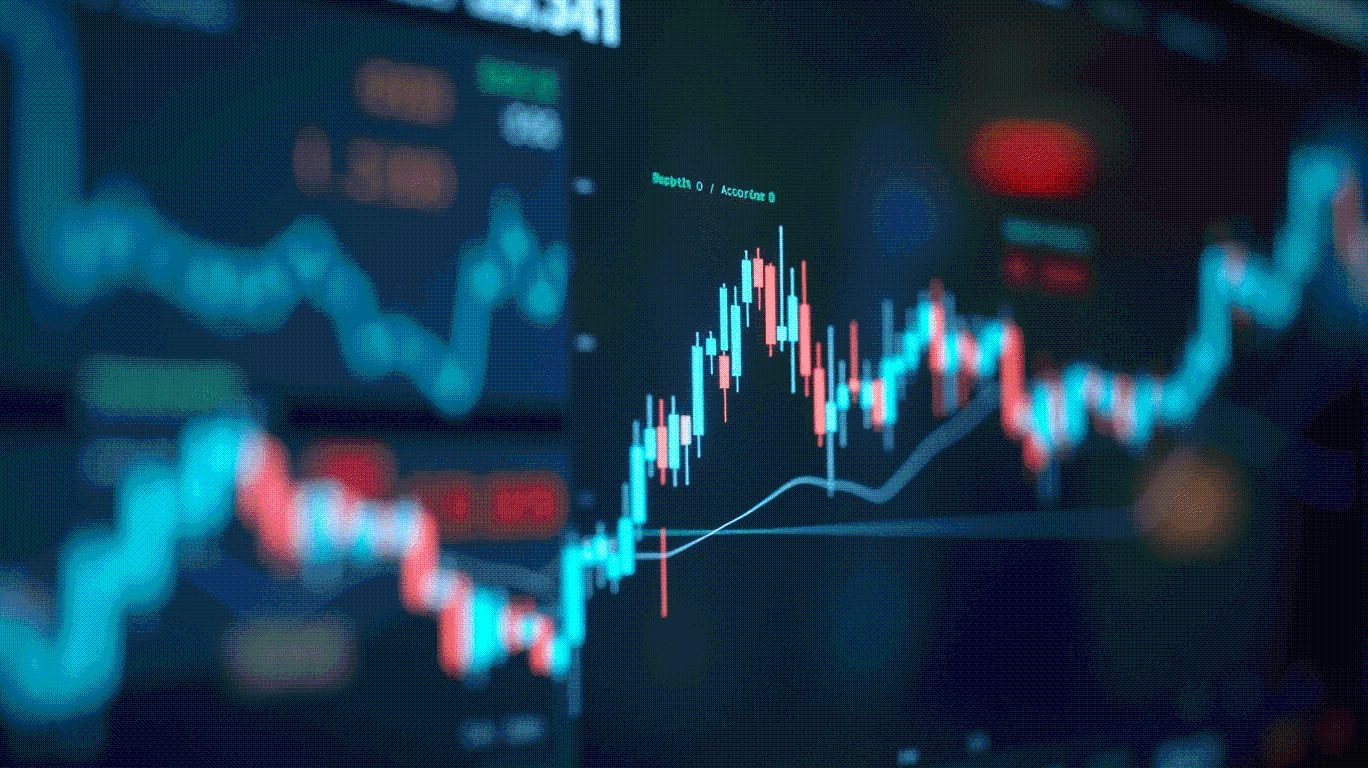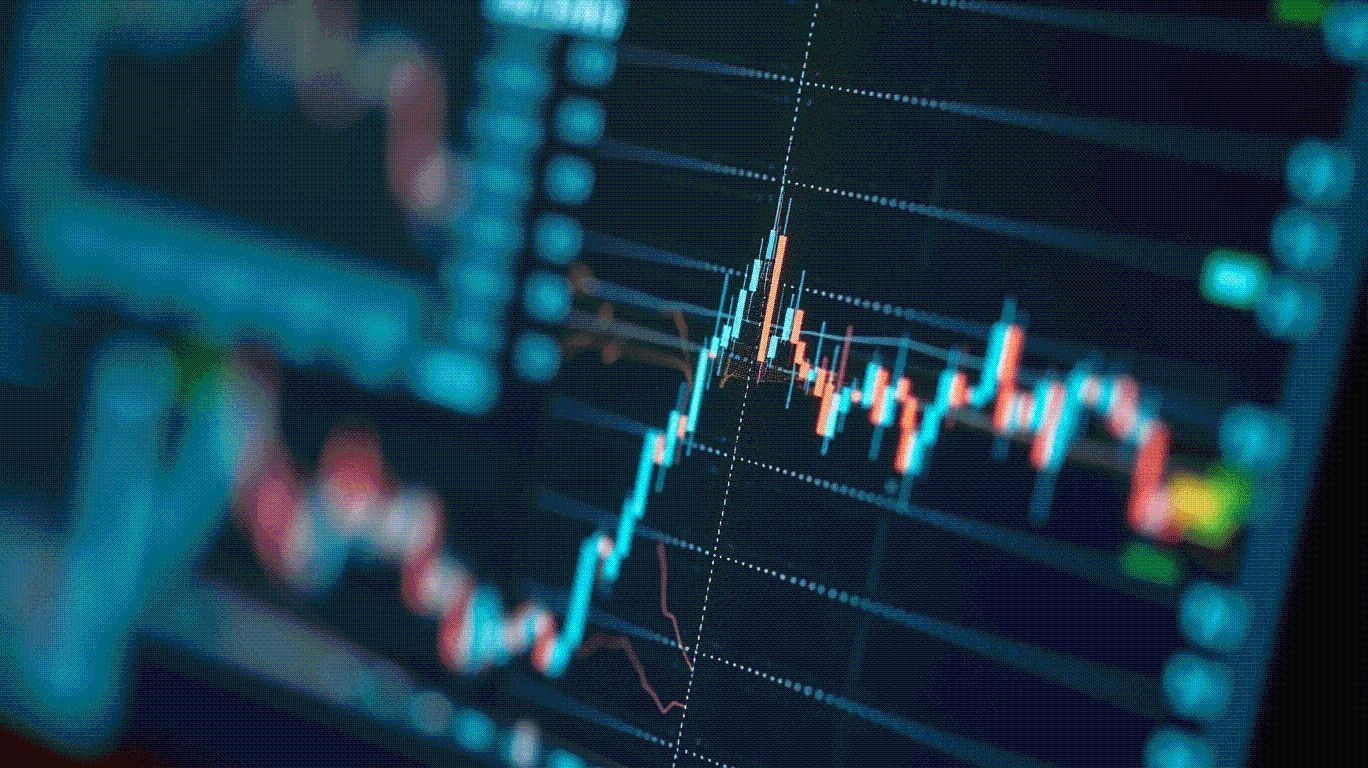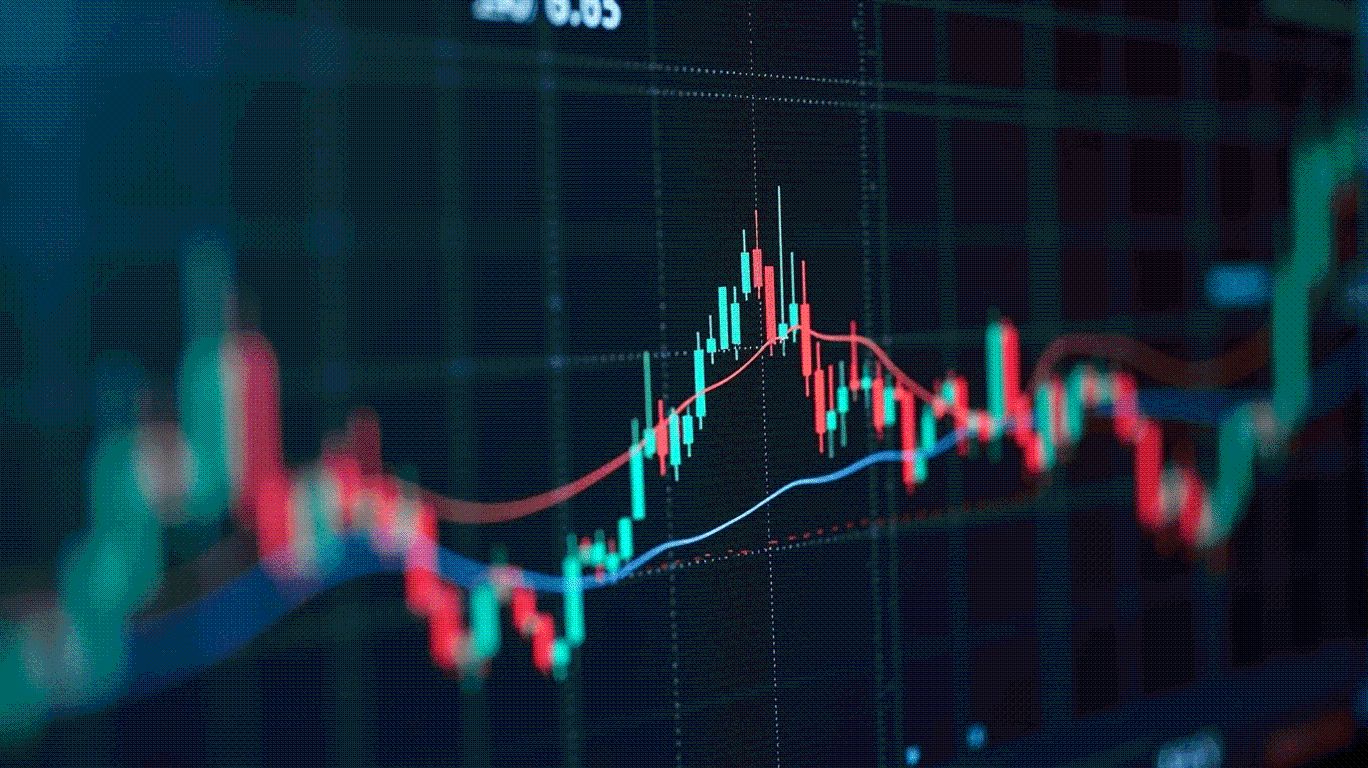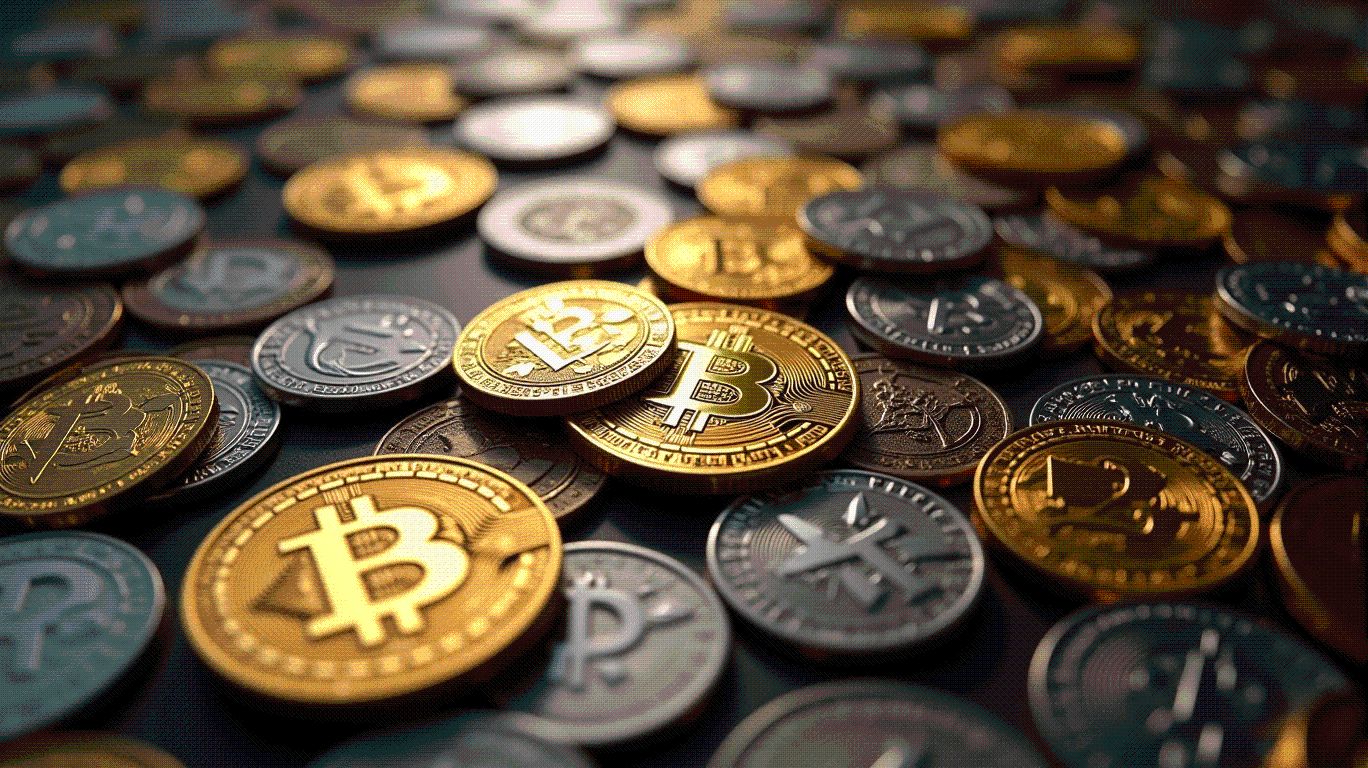Former U.S. Commerce Department Official: Trump Administration May Keep Tariffs Effective Through Other Regulations
William Reinsch, a researcher at the Center on Strategic and International Studies and former senior official at the Department of Commerce, stated that the Trump administration had already prepared for the "tariffs illegal" ruling. "It is well known that this administration had long anticipated this outcome and was formulating a Plan B—presumably aimed at maintaining the effectiveness of the tariff measures through other legal provisions."
In after-hours U.S. stock trading, the market showed almost no reaction to the ruling.
Art Hogan, Chief Market Strategist at B. Riley Wealth, pointed out: "The last thing the market or American businesses want to see is more uncertainty in the area of trade."
Meanwhile, Trump has also become embroiled in a legal dispute aimed at removing Federal Reserve Governor Lisa Cook, a move that could potentially end the independence of the U.S. central bank.
Josh Lipsky, Chair of International Economic Affairs at the Atlantic Council, said: "I think this puts Trump's entire economic agenda on a potential collision course with the Supreme Court. This is something we have never seen before."
Currently, conservatives hold a 6:3 majority in the Supreme Court, which has previously issued a series of rulings favorable to Trump's second-term agenda, but in recent years has also opposed the practice of "granting new powers to the president through broad interpretations of old laws."
This appellate court ruling stems from two cases: one brought by five small U.S. businesses, and another by 12 Democratic-led U.S. states. Both cases argue that the International Emergency Economic Powers Act (IEEPA) does not authorize the imposition of tariffs.
The lawsuit documents state that, under the U.S. Constitution, the power to levy taxes and impose tariffs belongs to Congress, not the president; and any delegation of this power must meet both the "clarity" and "limitation" requirements.
The U.S. Court of International Trade in New York had already issued an unfavorable ruling on Trump's tariff policy on May 28, stating that Trump exceeded his authority when implementing the two contested tariff measures. The three-judge panel of this court included a judge appointed during Trump's first term.
Another court in Washington also ruled that the International Emergency Economic Powers Act did not authorize Trump to impose tariffs, and the U.S. government has likewise appealed that decision. At least eight lawsuits have challenged Trump's tariff policies so far, including one filed by the state of California.
Disclaimer: The content of this article solely reflects the author's opinion and does not represent the platform in any capacity. This article is not intended to serve as a reference for making investment decisions.
You may also like
How AI-Driven Education is Reshaping Workforce Readiness and Unlocking High-Growth Opportunities in the Digital Economy
- The One Solana Scholarship combines AI and blockchain to democratize high-growth education, accelerating global workforce reskilling amid AI-driven automation. - Solana's 83% developer growth (2025) and $500K+ FDI in Argentina highlight its economic impact through AI-powered micro-grants and tokenized credential verification. - Institutional adoption, including the first U.S. crypto staking ETF (SSK) and $1B+ in liquidity from Galaxy/Multicoin, validates the program's role in bridging education to Web3 e

BMNR's Ethereum Accumulation: A Macro-Driven Catalyst for Institutional Adoption and Ethereum's Price Trajectory
- BitMine Immersion (BMNR) becomes largest institutional Ethereum holder with 1.71M ETH ($7.9B), reshaping supply dynamics through aggressive accumulation. - BMNR's "mNAV flywheel" model accelerates NAV growth by 640% via ATM stock offerings and ETH staking, outpacing MicroStrategy's Bitcoin strategy. - Ethereum's 4.9% circulating supply control creates "sovereign put" effect, stabilizing prices while CLARITY Act legitimizes ETH as utility token with $33B ETF inflows. - Institutional backing from ARK Inves

Behavioral Finance and the Reflection Effect: Navigating FETH's Volatility Through Investor Psychology
- Fidelity's Ethereum ETP (FETH) demonstrates the reflection effect in investor behavior, showing risk-seeking during losses and risk-averse during gains. - FETH's simplified structure amplifies sentiment-driven flows, creating volatility cycles as investors react emotionally to market swings. - Asset allocators exploit these patterns through counter-cyclical strategies, leveraging regulatory credibility and low fees to capitalize on behavioral mispricings. - Institutional adoption and weekly trading patte

PARTI +63320% in 1 Year Amidst Volatility and Strong Recovery
- PARTI fell 86.53% in 24 hours but surged 63320% over the past year, showing extreme volatility and strong recovery. - Short-term declines highlight sensitivity to market dynamics, while long-term gains reflect resilience and accumulation by holders. - Analysts attribute the rebound to positive sentiment, technical indicators, and buyers capitalizing on volatility.

